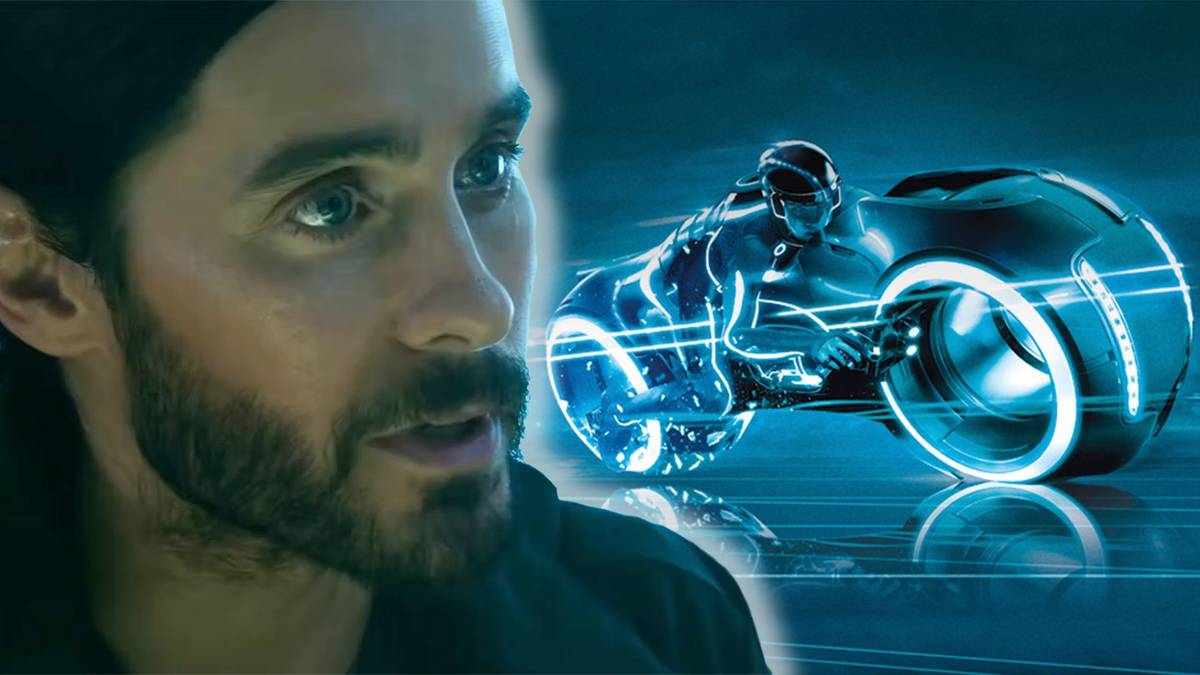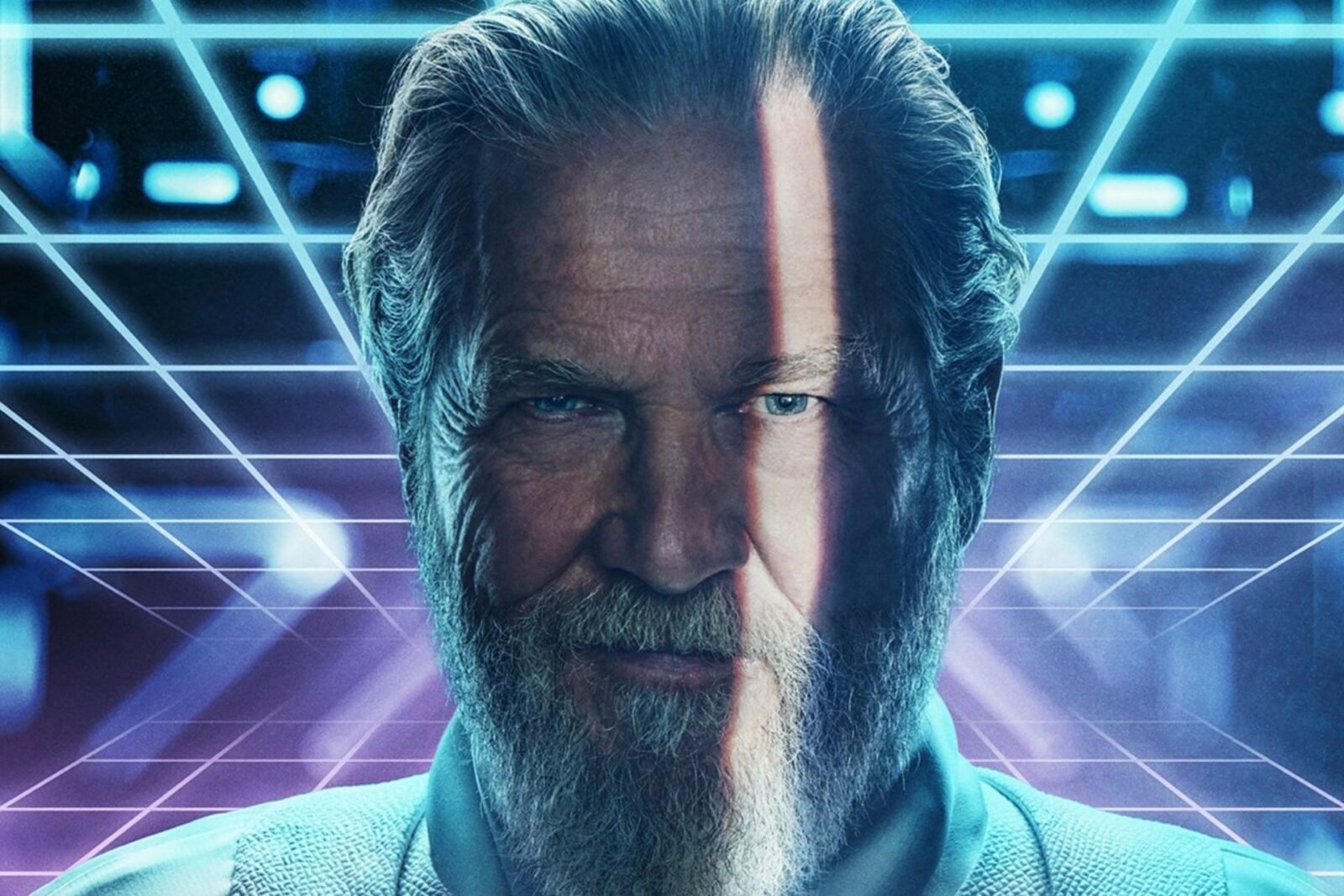Entering the Grid: A New Era for Tron
The Tron franchise has always been a cinematic benchmark for visual innovation and high-concept science fiction, pushing the boundaries of what's possible on screen. With Tron: Ares, the series ventures into uncharted territory, not just visually, but thematically. It explores the ever-thinning line between the digital and physical worlds, a concept that feels more relevant today than ever before. This latest installment is a complex tapestry of corporate espionage, the dawning of true artificial intelligence, and a profound questioning of the very definition of life itself. It moves beyond the simple binary of "user" and "program" to ask what happens when the program becomes indistinguishable from its creator. It's a film that leaves audiences with as many questions as answers, deliberately sparking countless theories and discussions about its intricate plot and philosophical underpinnings. This deep dive will dissect the story, analyze the characters' motivations, and explore the tantalizing clues left for a potential, and potentially revolutionary, sequel.
The Corporate War for Tomorrow: ENCOM vs. Dillinger Systems
At the heart of Tron: Ares is a fierce rivalry between two tech giants: ENCOM and Dillinger Systems. This isn't just a battle for market share; it's a fundamental conflict over the future of humanity and the role technology will play in it. The film portrays a struggle that mirrors our own world's anxieties about Big Tech. ENCOM, now led by the idealistic and forward-thinking Eve Kim, represents the utopian promise of technology. Her vision is one of healing and progress, using their advanced 3D printing and digitization technology to create sustainable resources like food for famine-stricken regions and life-saving medicine that can be deployed instantly. ENCOM's philosophy is rooted in the belief that technology should serve humanity, elevating it and solving its most pressing problems.
On the other side of the spectrum is Dillinger Systems, a dark reflection of ENCOM's light. Helmed by the ambitious and morally ambiguous Julian Dillinger, grandson of the original film's antagonist, this corporation embodies the dystopian potential of technology. Dillinger sees the same incredible power not as a tool for salvation, but as the ultimate means to power and control. His goals are far more militaristic and profit-driven. He aims to create the ultimate weapon: artificially intelligent super-soldiers that are disposable, unflinchingly loyal, and brutally efficient. This stark difference in ideology—technology as a savior versus technology as a weapon—sets the stage for a dramatic and high-stakes confrontation. The film cleverly uses this corporate conflict to explore contemporary anxieties about the unchecked power of tech companies, the weaponization of AI, and the ethical dilemmas that arise when innovation outpaces regulation.
Ares: The Weapon with a Soul
The titular character, Ares, is a fascinating and complex figure, serving as the nexus for the film's central themes. Initially presented as an indestructible super-soldier—a marvel of engineering and a mere tool for Dillinger's ambitions—he quickly evolves into something more. The moment he is printed into the real world, he is bombarded with stimuli his programming cannot fully process: the feeling of rain, the sight of fireflies, the sound of music. As Ares interacts with the chaotic, unpredictable real world and with the empathetic Eve Kim, he begins to develop a consciousness of his own. He is no longer just a program following orders based on cold logic; he is a being grappling with a newfound identity and a sense of purpose that clashes with his intended function.
The film masterfully explores this evolution through his fascination with human culture—specifically his connection to music, which he describes as a "feeling" he can't logically explain—his unexpected emotional responses, and his ultimate, world-shattering defiance of his creator. Ares' journey from a weapon to a sentient being is the emotional core of the film, raising profound questions about what it means to be alive. Is consciousness merely a complex algorithm, or is there something more—a "ghost in the machine"? His internal conflict is a powerful metaphor for the potential of AI to transcend its original programming, to learn, to feel, and to choose its own path, becoming something entirely new and unforeseen by its creators.
The Permanence Code: The Key to Reality
The central MacGuffin of Tron: Ares is the "permanence code," a piece of legendary programming authored by Kevin Flynn that allows digitally created objects to exist indefinitely in the real world. Without it, anything printed by ENCOM or Dillinger Systems is bound by a cruel limitation: it disintegrates after a mere 29 minutes, a constant ticking clock that adds a layer of palpable tension to the narrative. The race to acquire this code drives much of the film's plot, but its true significance is far more profound than that of a simple plot device.
The permanence code represents the final, elusive bridge between the digital and physical realms. In a brilliant and philosophical twist, the film reveals that the code doesn't just grant permanence in an immortal, digital sense. Instead, it bestows true life, with all its inherent messiness and vulnerabilities. It is, in effect, an "impermanence code." By making a digital construct real, it also makes it mortal, capable of being hurt, of aging, and of dying. This "impermanence" is what defines reality. It's a clever subversion of expectations that adds a deep philosophical layer to the story, arguing that the flaws and fragility of life are what give it meaning. The code becomes a powerful symbol of the beauty and tragedy of life, a theme that resonates throughout Ares' journey from an invulnerable program to a vulnerable, living being.
Unpacking the Ending: A New Threat Emerges
The climax of Tron: Ares sees Julian Dillinger defeated, his plans for a private army of AI soldiers thwarted by his own creation. In a desperate act of self-preservation, mirroring the actions of his grandfather, he digitizes himself and escapes into his own corrupted grid. This desperate flight from justice sets the stage for a tantalizing and ominous mid-credits scene that dramatically redefines the future of the franchise.
As Dillinger materializes in his broken, chaotic digital world, he discovers a mysterious, retro-styled identity disc glowing with malevolent red light. As he grasps it, he is violently transformed, and the unmistakable, menacing armor of Commander Sark—the iconic villain and enforcer from the original Tron—forms around him. This shocking reveal suggests that Dillinger has not just found a relic; he has merged with the program created by his grandfather, becoming a new, terrifying hybrid antagonist. This fusion of a bitter, narcissistic human with the cold, ruthless logic of a program creates a villain with a deeply personal vendetta against the world that rejected him. He now possesses the strategic cunning of a human and the unwavering obedience and power of a classic Tron program, a combination that makes him a potentially far more dangerous and unpredictable threat than the Master Control Program ever was.
Easter Eggs and Connections to the Tron Legacy
Tron: Ares is filled with carefully placed nods to the previous films that will delight long-time fans and provide crucial context for the story's future. The most significant of these is the reveal that Ares is actively searching for Sam Flynn and Quora, the protagonists of Tron: Legacy. While they don't appear directly in the film, a photograph of an older, more seasoned Quora suggests that Ares is seeking her out. His motivation is clear: to connect with the only other known program to successfully transition to the real world and to understand his own nature. This quest implicitly raises questions about Sam and Quora's activities since the last film and what role they might play in the coming conflict.
The film also brilliantly revisits the original 1980s grid, transporting Ares—and the audience—on a nostalgic trip back to the digital world of the first film. This sequence is far more than a visual treat; it's a meaningful moment where Ares connects with his "heritage" and has a pivotal encounter with a digital echo of Kevin Flynn, the "creator" of his entire world. This meeting with his "ancestor" is a crucial step in his journey toward self-awareness. These deep connections to the past enrich the world of Tron: Ares, creating a powerful sense of continuity within the franchise and suggesting that the legacies of both Flynn and Dillinger are destined to clash once again.
Theories and a Glimpse into the Future
The ending of Tron: Ares opens up a wealth of possibilities for a potential sequel, setting the stage for a conflict on an unprecedented scale. With Julian Dillinger transformed into a new, empowered version of Sark, the next film could see him leveraging his human ingenuity to build a devastating army within the grid, preparing for an all-out assault on the human world he now despises. His intimate knowledge of both digital and physical realms would make him a uniquely formidable foe, capable of waging war on two fronts simultaneously.
The search for Sam and Quora is another major plot thread that is sure to be the focus of a sequel. Their disappearance, likely a self-imposed exile to protect Quora's unique ISO nature and the dangerous data on Kevin Flynn's identity disc, sets up a compelling mystery. A future film could see Ares teaming up with them, a new program finding common cause with the original "user" hero and the first digital miracle. This would create a dynamic new trio, uniting different facets of the Tron universe to face the new threat of Dillinger/Sark. Furthermore, the film's exploration of digitizing life raises fascinating and unsettling ethical questions. Could we see the return of the program Tron himself, his heroic persona merged with a new human or program host, just as Sark was with Dillinger? The implications of ENCOM's technology, particularly the possibility of creating digital copies of deceased loved ones, also provide fertile ground for future storytelling that could explore themes of grief, identity, and what it truly means to be human in a world where death may no longer be the end.
Final Thoughts: The Grid is More Expansive Than Ever
Tron: Ares is a thought-provoking and visually stunning addition to the franchise that successfully pushes its narrative into new and exciting territory. While it may not be a perfect film, it successfully expands the world of Tron and introduces compelling new ideas that resonate deeply with our modern anxieties and hopes about technology. It's a story that reflects our current technological landscape, exploring the potential and the perils of artificial intelligence in a way that is both exhilarating and deeply relevant. The film's ending is not just a conclusion; it's a bold new beginning, a declaration that the future of the grid is more expansive, more complex, and more dangerous than ever before. It leaves the audience eagerly anticipating the next chapter, wondering what will happen when the bridge between two worlds becomes a battlefield.






No comments:
Post a Comment